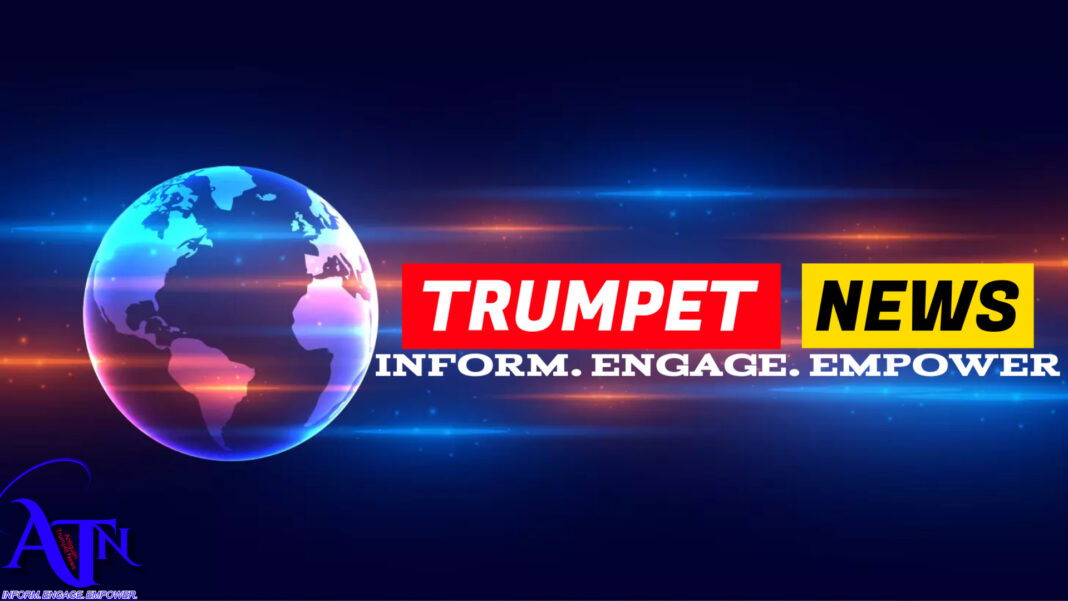The UWI Regional Headquarters, Jamaica. On Tuesday, February 18, Caribbean leaders, diplomats, and scholars gathered virtually for a Vice-Chancellor’s Forum hosted by The University of the West Indies (The UWI) to discuss US President, Donald Trump’s great policy shift and the Caribbean’s response to it.
The event, streamed via The UWI’s public information platform, UWItv, featured Professor Jeffrey Sachs, an economist at Columbia University; Professor W. Andy Knight, an International Relations expert at the University of Alberta; and Ambassador Wayne McCook, a Jamaican diplomat and CARICOM Assistant Secretary-General. They discussed strategies for navigating the evolving geopolitical landscape and enhancing regional resilience, for a coordinated Caribbean response to the U.S. policies.
The event was organised by the Office of the Vice-Chancellor at UWI, in collaboration with the University Office of Academic-Industry Partnerships and Planning. It began with opening remarks from Pro Vice-Chancellor Professor Justin Robinson and Pro Vice-Chancellor for Global Affairs Ms. Sandrea Maynard, who also moderated the discussion.
In his remarks, Professor Robinson emphasised the Caribbean’s historical agility in navigating global shifts. “We’ve had to dance with colonial rulers, tango with economic downturns, and now we must learn a new two-step with policies that may affect everything from trade to security,” he stated. Professor Robinson urged panellists to engage in proactive dialogue focused on building resilience and securing the best outcomes for Caribbean nations.
Pro Vice-Chancellor Sandrea Maynard welcomed the virtual audience and introduced the panellists, noting that the focus areas would include economic and trade relations, security and immigration, and diplomacy and multilateral relations. She then kicked off the discussion, asking each speaker to identify two to three policies that may impact Caribbean nations and their economies.
Professor Sachs described President Trump’s approach and the current changes in American foreign policy as a form of “neo-imperialism” rooted in a vision for U.S. dominance in the Western Hemisphere. “We are in a very unstable period,” he noted. He cautioned that this instability presents challenges for the Caribbean, driven by Trump’s anti-migrant sentiments and protectionist trade policies. Sachs emphasised the need for unity among Caribbean nations through CARICOM and suggested that CELAC could enhance regional diplomacy. He highlighted Mexico, under Claudia Sheinbaum, as a potential key player in fostering collaboration with the Caribbean to address these complexities.
Ambassador Wayne McCook highlighted the significant shift in U.S. trade policy, focusing on using tariffs for economic and national security to address perceived global trade imbalances. He stressed the need for Caribbean nations to carefully analyse the implications of these changes, as the U.S. is their primary trading partner. He pointed out the potential risks of U.S. bilateral trade policies, particularly the unusual use of reciprocal tariffs, which could disrupt the current trade framework and urged Caribbean countries to assess their exposure to these policies, considering that the region runs a trade deficit with the U.S. Lastly, Ambassador McCook emphasised the importance of a rules-based multilateral trading system, which benefits nations in the Caribbean.
“The CARICOM trading goods regime has undergone many iterations, but the urgency to deepen and strengthen our internal market has never been more pressing,” stated Ambassador McCook. “We need to navigate the challenges ahead with renewed resolve to reduce non-tariff barriers and ensure our firms can expand their markets effectively.”
Professor Andy Knight discussed concerns about Trump’s “America First” strategy, which has led to a rollback of U.S. engagement with multilateral institutions like the UN and WHO. He argued that the new policies symbolise an erosion of the global order established post-World War II, reflected in increased chaos and uncertainty.
This interregnum period offers Caribbean nations a chance to redefine their role on the worldwide stage by diversifying their diplomatic strategies and supply chains. Professor Knight highlighted that Barbados’ Prime Minister, Mia Mottley exemplifies this optimism, seeking to counter Trump’s bullying and reshape policies that allow Caribbean states to become more resilient and influential. Ultimately, he believes Trump’s actions may lead Caribbean countries to explore new markets and reduce reliance on the U.S.
“Trump’s policies, while potentially causing short-term instability, also create openings for Caribbean nations to assert themselves on the global stage and build a more equitable regional order,” he said.
As the dialogue unfolded, it became clear that the Caribbean’s path forward hinges on adaptability, unity, and proactive engagement in international relations.




